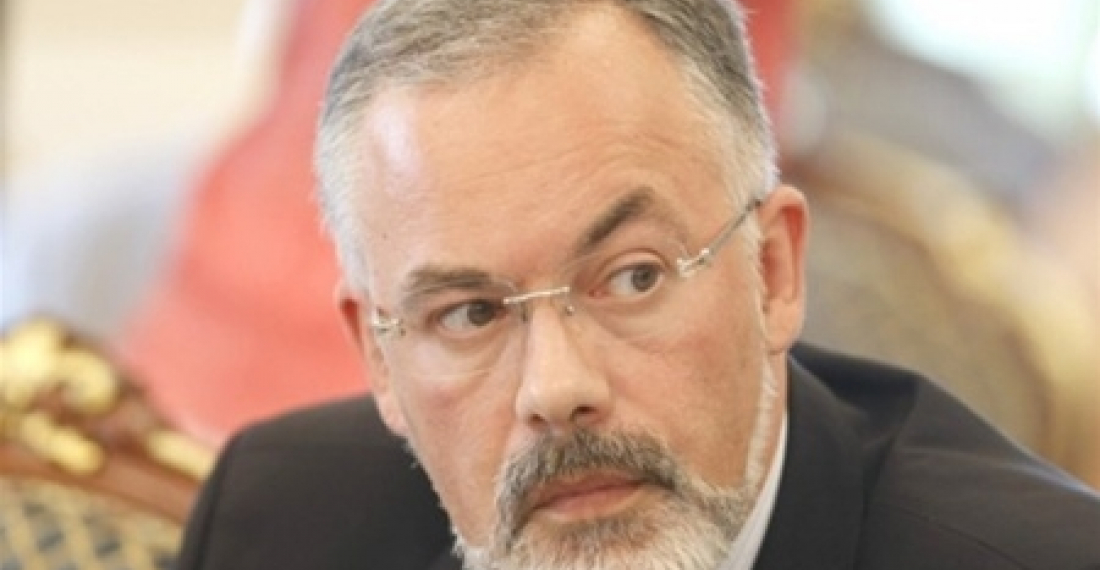Twenty years later after the collapse of the Soviet Union, some analysts and diplomats in the United States have expressed fears about the development and prospects of the South Caucasus, as well as their policies.
In particular, it is believed that the unresolved conflicts in the South Caucasus continue to influence the stability and state-building issues. On the other hand, political and business elite enjoy all the benefits, though ordinary citizens are left behind.
"Nevertheless, people in these three former Soviet republics have not turned their backs to democratic values, moreover, they seek the key elements of democracy, including fair judiciary and free media," said one of the former U.S. diplomats who worked in Azerbaijan. Alexander Motyl, a well-known American analyst, discusses a topic what the Soviet Union has left in the Caucasus.
"Too many regimes in the former Soviet region are authoritarian, corrupt and unpopular. These societies consist of educated, modern, and poor citizens. This is an unstable combination of medium and long term," he said. Being asked what will happen in the region during the next decade, he said, if these countries would be democratic, less corrupt and more economically prosperous, it would be possible to predict their stability and greater geopolitical significance. So, they could be more attractive to Euro-Atlantic players. However, in this case it is not so.
What about the role of great powers in the region? Motyl believes that Russia and the USA are guided by personal interests. Russia wants the reintegration of post-Soviet states into some sort of neo-imperial structure, which does not have any economic sense, and it only serves the interests of the ideological leadership of Russia. At the same time, the West prefers to deal with post-Soviet states as independent players, though it is indifferent to their fate and independence, said Motyl.
Speaking about the prospects of the Nagorno-Karabakh conflict, the expert said that peaceful negotiations "seem unbelievable."
"Russia and America are very different countries with very different geopolitical interests. Their cooperation always will be situational and conditional. This does not mean that the USA and Russia should be involved in the conflict," he said. It means that long-term relationship of cooperation between the USA and Russia are hardly possible. According to him, the Europeans and Americans are too busy with their own problems, "to make serious efforts to resolve the conflict."







